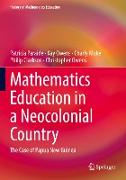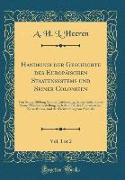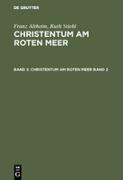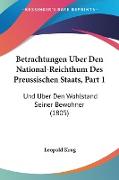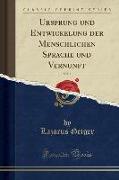Mathematics Education in a Neocolonial Country: The Case of Papua New Guinea
BücherAngebote / Angebote:
This book is an astounding collaboration between Papua New Guinea authors and researchers from the former colonizing country. The early chapters set the scene and captivate the reader. An account of the technologies and mathematical activities associated with the cultures that have survived for tens of thousands of years, unknown to Europe or the Middle East, are brought to life through cameos from the authors and others. This book is indeed a unique record of these mathematical activities drawing on current practices, oral histories, and many different disciplines. The main argument of the book leaps out at the reader in author Charly Muke¿s words in chapter 2 and extended by author Patricia Paraide in the following chapter. The authors are audacious in explaining the demise of these mathematical knowledges through colonisation and neocolonism fostered by overseas funding and educated Papua New Guineans. Papua New Guineäs multicultural society with relatively recent contact with Europe provides a condensed exemplification of changes in mathematics education in a country with both a colonial history and a coup-less transition to independence. The following chapters provide both an historical outline and an analysis of the changes. This recently independent country has produced some ground-breaking research in mathematics and mathematics education. Discussion focuses on specific areas of mathematics education that have been impacted by policies, research, nationalism and national identity, colonialism and neocolonialism, world wars and other circumstances with particular emphasis on pressures on education in the last one and half centuries. This volume is one of the few studies of this kind in the education research literature as an in-depth record and critique of how school mathematics has changed in Papua New Guinea from the late 1800s. This book will be a useful addition to graduate programs and mathematics and STEM education courses. It enhances scholarship in the history of mathematics, sociology of education and studies of ethnomathematics as well as the interdisciplinary fields of transcultural studies, religion and society, globalization and neocolonialism, post / decolonialism, applied linguistics and language studies, gender studies, educational administration and policy, and teacher education.Offers a unique and comprehensive contribution to education research literature as an in-depth record and critique of how school mathematics has developed in Papua New Guinea.Provides an analysis of the technologies and mathematics of the many continuing PNG cultures that began tens of thousands of years ago.Highlights the development of mathematics education in a country with both a colonial history and a coup-less transition to independence.Focuses on specific areas of mathematics education that have been impacted by policies, research, and global influences.Complements graduate studies and research in mathematics education and history of mathematics, as well as interdisciplinary fields of cross cultural studies, language studies, educational administration and policy, technology education, and teacher education.
Folgt in ca. 10 Arbeitstagen
